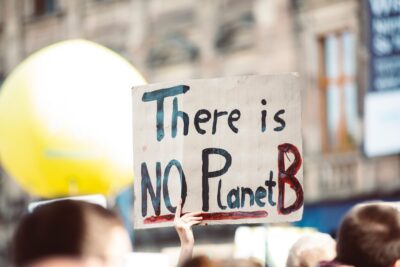
Ascension is simply a name given to building the light quotient within – merging with our true nature. There are no rules, only guidance from the Inner Teacher (our core Essence nature) as to what is right for us alone. It is our journey. No one knows the way like we do, for our path is not new — just forgotten.
Ascension can also be described as raising the vibrational frequencies of our energy fields to the highest octaves of light in perfect resonance with our Higher Self, God essence or the pure energy source that sustains us. In Eastern philosophy it is described as the state of ‘soruba samadhi’ where divinity descends and transforms the spiritual, mental, emotional and physical bodies into perfection – where we can enter and leave the body at will and control the ageing/youthing process as well as rearrange our molecular structure via dematerialization etc. The beings that choose this state of ascension and subsequent immortality do so in order to be of continual service to humanity — as they have escaped the cycle of life and death and have gained ‘supernatural’ powers.
The Siddhas (holy immortal men) used the science of Kriya Yoga to rejuvenate the physical body and gain self-mastery. They slowed down the ageing process through the use of mineral, herb and salt formulas. They also practiced Kriya Yoga and specific breathing techniques, which maximized the intake of prana and aided in the control of longevity. When their ‘role’ was complete they would leave the physical body at will and move on to serve in other planes, or take their physical body up into light.
No longer are these things available to just the select few. Nor are we required to sit in a cave for 50 years and meditate to achieve this state of perfection. As both the vibrational frequencies of the planet and humanity are raised, these ‘supernatural’ powers will become commonplace.







 Trust the organic process of change that is occurring. Make space for what is emerging. A wonderful practice to resource oneself in times of closure is to rearrange your living space. Your home is an extension of your energy field. This is why practices like cleaning your home, rearranging furniture, organizing your closet and getting rid of objects that are cluttering your space can have a profound impact on your own mind, body and spirit. This process of clearing and resetting, internally and externally, can support us to show up with greater integrity in the transformations that are beckoning us.
Trust the organic process of change that is occurring. Make space for what is emerging. A wonderful practice to resource oneself in times of closure is to rearrange your living space. Your home is an extension of your energy field. This is why practices like cleaning your home, rearranging furniture, organizing your closet and getting rid of objects that are cluttering your space can have a profound impact on your own mind, body and spirit. This process of clearing and resetting, internally and externally, can support us to show up with greater integrity in the transformations that are beckoning us.







